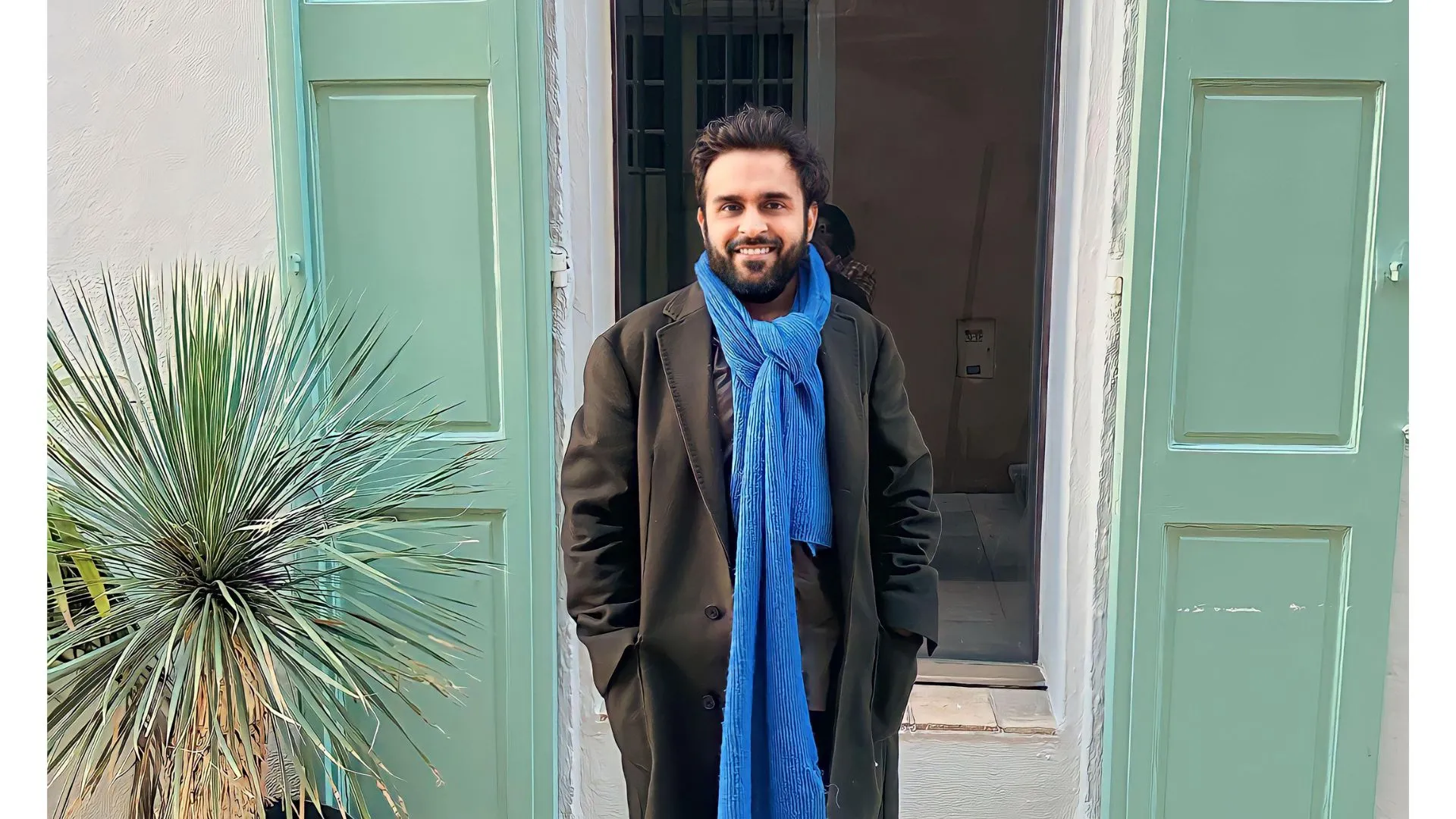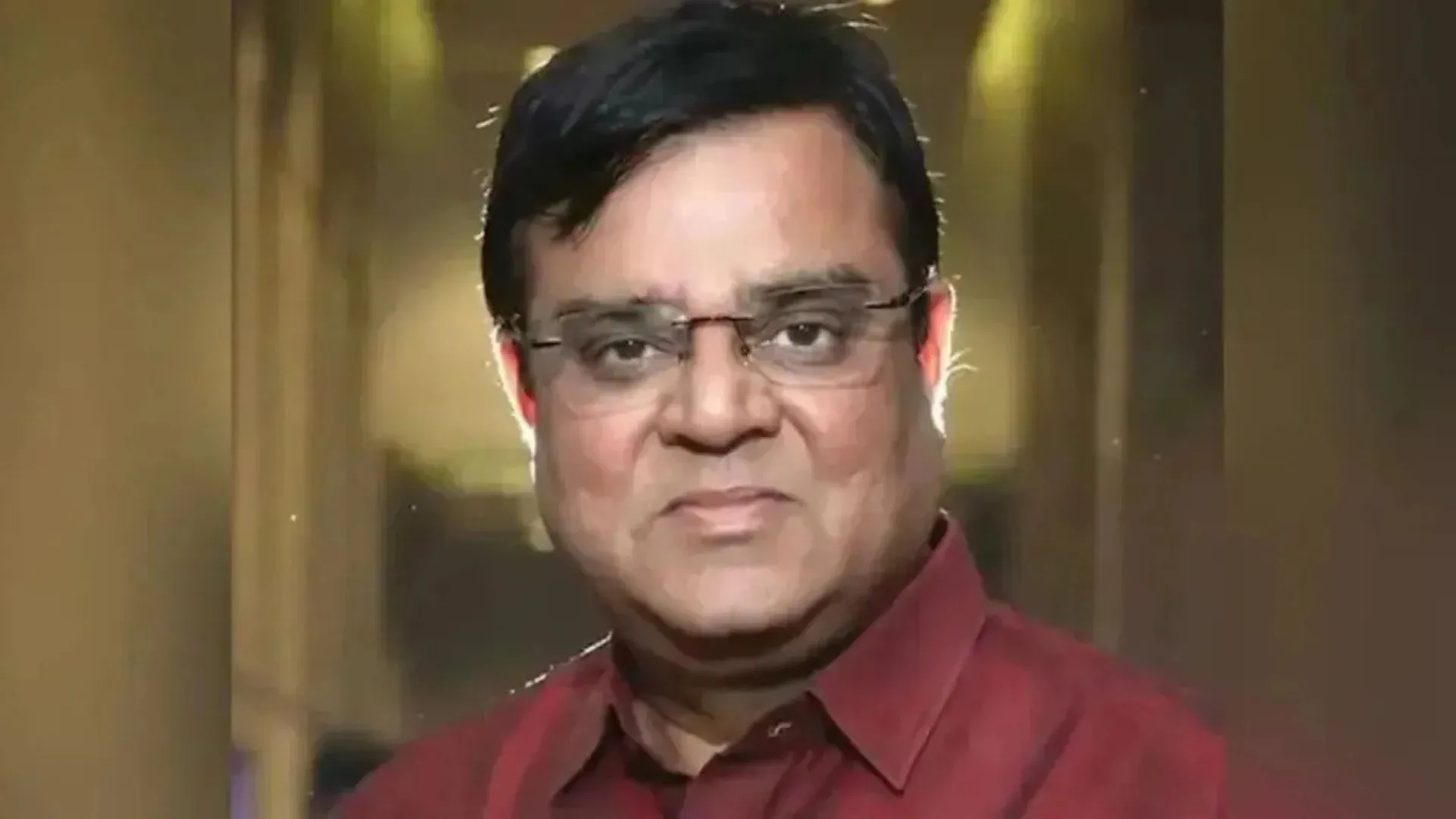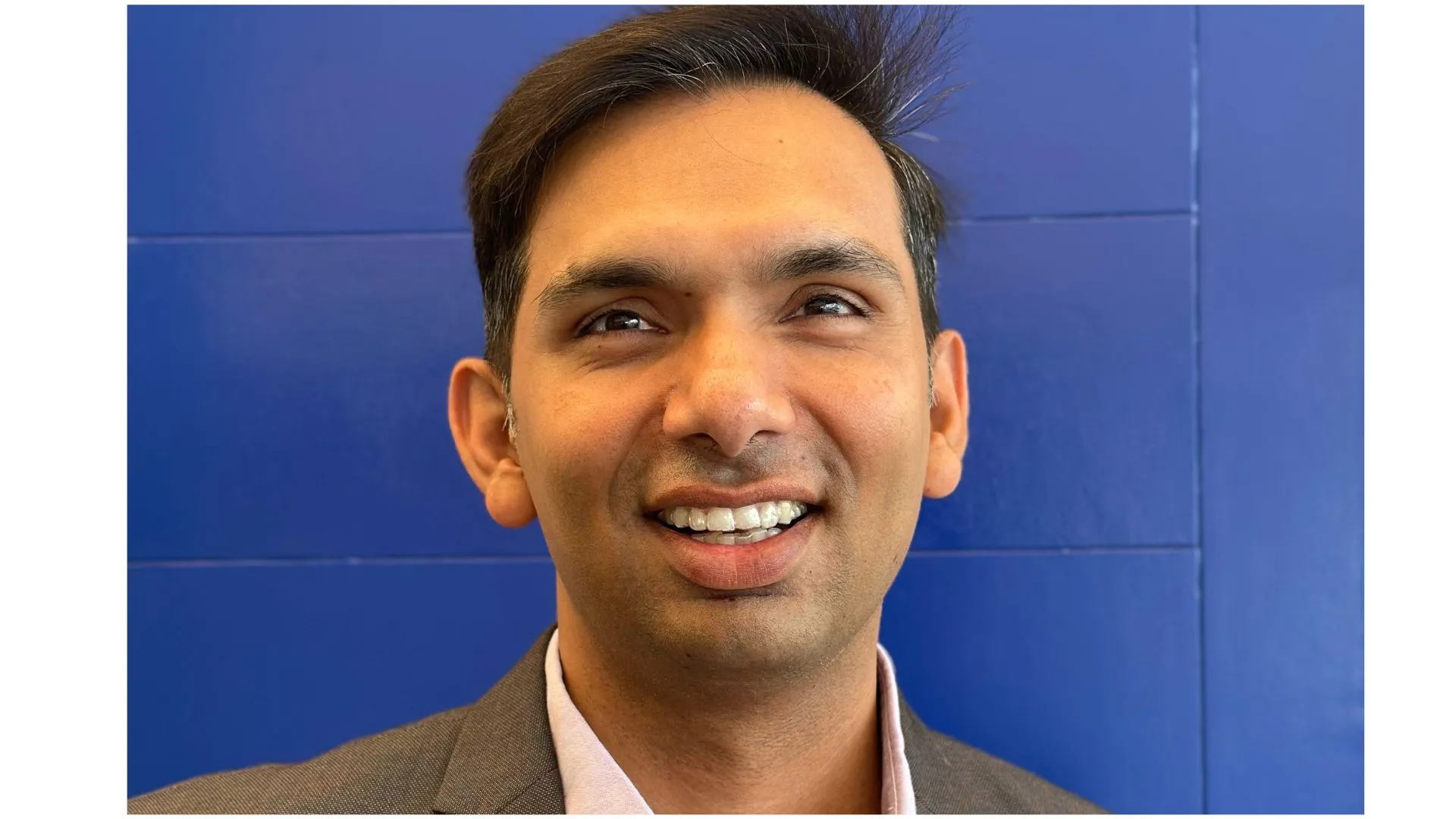In a world inundated with noise, it is often the quietest voices that carry the most weight. Nikhil Chandwani, a Nagpur-based author and entrepreneur, is one such voice. For nearly a decade, Nikhil, has led a silent but life-saving operation that has rescued over 2,000 Hindu and Sikh families from religious persecution in Pakistan. What began in 2017 as a desperate message from a shopkeeper in Sindh fearing for his daughter’s life, quickly became a lifelong mission.
The teenager was under threat of forced conversion and abduction. With no institutional backing, Chandwani mobilized his resources, arranged safe shelter, and helped secure travel and documentation. That girl now lives safely in India, and her rescue sparked what Chandwani describes as “this can’t stop with just one family. There are thousands more.” Since then, he has built a decentralized rescue operation powered largely by profits from his biomass pellet manufacturing business and supported by a small network of individual donors who believe in the cause but do not seek the spotlight.
Chandwani’s mission pierces through a painful and underreported crisis. In Pakistan’s Sindh province, it is estimated that three young Hindu girls are kidnapped every day, many of them minors. Once abducted, they are subjected to starvation, beatings, forced conversions, and coerced marriages to men often twice or thrice their age.
In one of the more haunting stories, a father in rural Sindh dug a shallow pit in which he hid his daughters each night to shield them from abduction. With the help of Chandwani’s network, that family was moved to safety in India. Such rescues involve multiple layers: local Hindu activists in Pakistan who gather information, Indian legal experts who assist with documentation and long-term visa applications, doctors who provide trauma care, and educators who help rehabilitate children deprived of formal schooling. In some cases, local temples in Sindh serve as temporary safe houses or postal addresses to facilitate the issuance of passports and cross-border travel.
Every rescue demands urgency, coordination, and the courage to navigate both legal and political gray zones. While the success rate remains painfully low Chandwani admits they succeed in less than 5% of the cases they learn about each successful rescue is a reclaimed life. A rape survivor now thriving in a computer course, a teenage boy once assaulted and silenced now attending college in India, mothers once beaten for their faith now praying freely these are the real outcomes of his efforts.
What sets Chandwani’s work apart is its spirit of selfless service, a value he calls seva. There is no NGO behind his efforts, no PR campaign, no external funding agencies. Instead, he operates with a small, anonymous group of professionals doctors, lawyers, landlords, teachers who lend their expertise quietly. And rather than appeal for donations, Chandwani calls for skilled volunteers: lawyers who can handle one case, teachers who can mentor one child, employers who can offer one opportunity.
“You don’t need money to do seva,” he says, “you just need a heart.” His long-term vision is to build a permanent rehabilitation center in India for rescued Hindu and Sikh families complete with housing, schools, medical care, and vocational training. Until then, the work continues in silence. Despite facing threats, hate, and even online fatwas, Chandwani has never stepped back. “The moment a rescued person begins to smile again, the moment they start dreaming again you realise the fight is worth it,” he says. In a time when governments hesitate, international agencies issue statements, and media cycles move on, Nikhil Chandwani’s work reminds us that real change sometimes begins with one person simply choosing not to look away.























